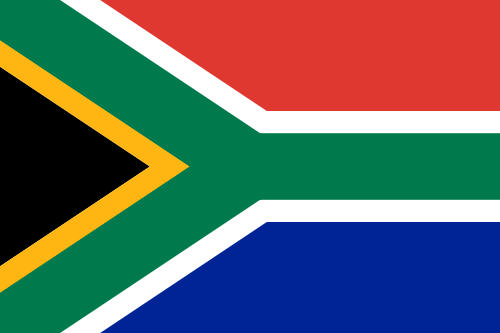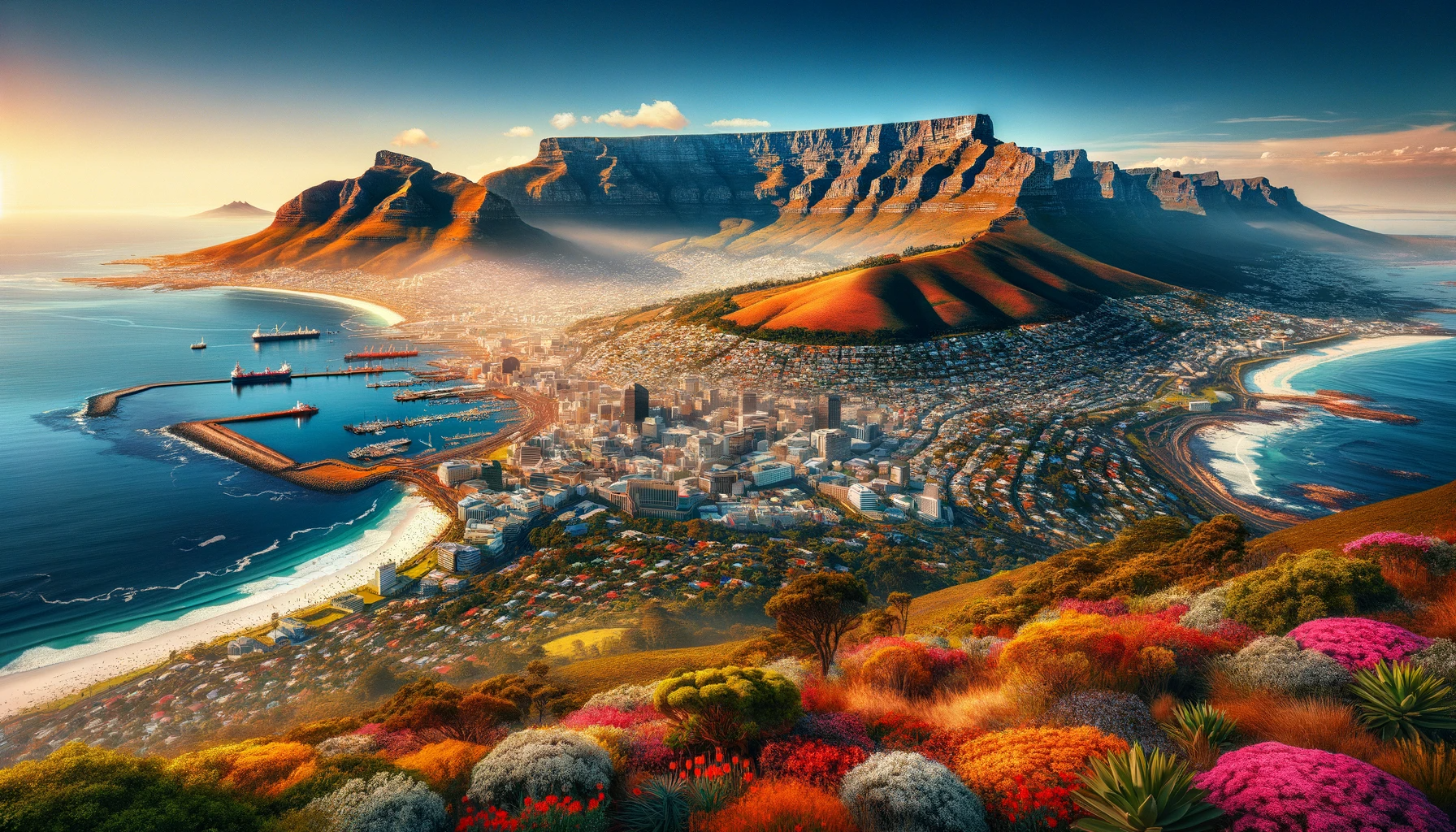South Africa, known as the “Rainbow Nation,” is a country rich in diversity, with a history both tumultuous and inspiring. This article explores the facets of South Africa, including its historical journey, diverse geography, vibrant culture, economy, political landscape, and societal dynamics.
The following days are public holidays and national holidays in South Africa for the year 2025
- New Year’s Day is on Wednesday, 1st January 2025.
- Human Rights Day is on Friday, 21st March 2025.
- Good Friday is on Friday, 18th April 2025.
- Family Day is on Monday, 21st April 2025.
- Freedom Day is on Sunday, 27th April 2025.
- Freedom Day Holiday is on Monday, 28th April 2025.
- Workers’ Day is on Thursday, 1st May 2025.
- Youth Day is on Monday, 16th June 2025.
- National Women’s Day is on Saturday, 9th August 2025.
- Heritage Day is on Wednesday, 24th September 2025.
- Day of Reconciliation is on Tuesday, 16th December 2025.
- Christmas Day is on Thursday, 25th December 2025.
- Day of Goodwill is on Friday, 26th December 2025.
The following days are public holidays and national holidays in South Africa for the year 2024
- New Year’s Day is on January 1, Monday, 2024
- Human Rights Day is on March 21, Thursday, 2024
- Good Friday is on March 29, Friday, 2024
- Family Day is on April 1, Monday, 2024
- Freedom Day is on April 27, Saturday, 2024
- Workers’ Day is on May 1, Wednesday, 2024
- Youth Day is on June 16, Sunday, 2024
- Youth Day Holiday is on June 17, Monday, 2024
- National Women’s Day is on August 9, Friday, 2024
- Heritage Day is on September 24, Tuesday, 2024
- Day of Reconciliation is on December 16, Monday, 2024
- Christmas Day is on December 25, Wednesday, 2024
- Day of Goodwill is on December 26, Thursday, 2024
South Africa: A Nation of Stunning Diversity and Resilient Spirit
Historical Background
South Africa’s history is deeply etched with the struggles and triumphs of its people. The land, originally inhabited by indigenous groups like the Khoisan and Bantu-speaking peoples, witnessed the arrival of Dutch settlers in the 17th century, followed by British colonization. The discovery of diamonds and gold in the 19th century brought wealth and conflict, culminating in the apartheid regime after 1948. This period of racial segregation and oppression ended in 1994 with the election of Nelson Mandela, the nation’s first black president, marking the dawn of a new era.
Geography and Climate
The country’s geography is as varied as its history. From the rolling hills and valleys of the Highveld to the stunning beaches along the 2,800 km coastline, South Africa’s landscapes are diverse. The Kalahari Desert and the lush Cape Winelands offer starkly different yet equally breathtaking vistas. The climate ranges from the Mediterranean in the southwest to subtropical along the eastern coast, and semi-arid in the northwest.
Cultural Tapestry
South Africa’s culture is a melting pot of African, European, and Asian influences. With 11 official languages, the nation is a mosaic of ethnic groups. Music and dance, particularly genres like Kwaito and Mbaqanga and the iconic national dance, the gumboot dance, are integral to the cultural fabric. The country is also renowned for its literary and artistic contributions, with Nobel Prize-winning authors like Nadine Gordimer and J.M. Coetzee.
Economic Landscape
The economy is one of the largest and most developed in Africa. It’s historically been centered around mining, particularly gold and diamonds. In recent years, there’s been a shift towards manufacturing and services, with tourism becoming a significant contributor. However, the country faces challenges like high unemployment and economic inequality.

Political Arena
South Africa is a constitutional democracy with a strong emphasis on human rights and justice, reflected in its progressive constitution. Governed by a president and a bicameral parliament, the political scene has been dominated by the African National Congress since the end of apartheid. The nation continues to grapple with issues such as corruption and governance.
Society and Issues
South African society is diverse, with significant urban and rural divides. Issues like poverty, inequality, and HIV/AIDS are ongoing challenges. Education and healthcare are priorities for the government, with efforts aimed at improving access and quality.
Sports and International Relations
Sports play a significant role in society, with rugby, cricket, and football being most popular. South Africa hosted the 2010 FIFA World Cup, a moment of immense national pride. Internationally, the country is an influential voice in African and global affairs, advocating for peace, human rights, and sustainable development.
Conclusion
South Africa’s journey is one of resilience and transformation. As it navigates its complex history and diverse population, it continues to make strides towards equality, development, and unity. With its breathtaking landscapes, rich cultural heritage, and dynamic society, South Africa stands as a beacon of diversity and potential in the global community.

